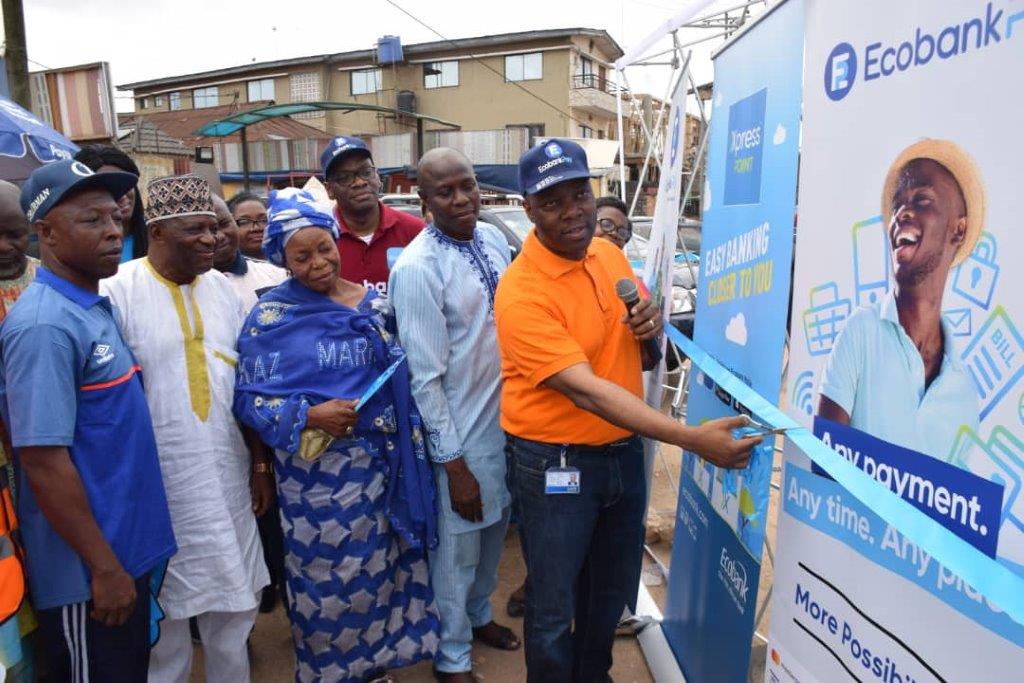Permanent Secretary, Ministry of Petroleum Resources, Dr. Folasade Yemi-Esan, has averred that the global Artificial Intelligence (AI) market in oil and gas is estimated to reach approximately $2.85 billion by 2022, growing by compound annual rate of 12.66 per cent.
She said “This growth is due to the adaptation to big data technology hence, AI requires big data for efficiency.”
Yemi-Esan, who delivered a paper recently at the just concluded Nigeria Annual International Conference (SPENAICE2019) organised by the Society of Petroleum Engineers (SPE) Nigeria, urged stakeholders to partner with the ministry and its agencies to enhance Nigeria’s capacity in the area of data development and management in the oil and gas industry.
She recalled that awareness of AI has consistently been on the rise since 2011 and its utilization has transformed several sectors such as health care, manufacturing, retail, telecommunication and agriculture, but however stated that its impact in the oil and gas industry is yet to match the aforementioned sectors.
The Permanent Secretary further recalled that “In recent years, the global oil and gas industry has undergone rapid change, particularly with reference to the proliferation of new technologies by operators in order to meet the challenges of the emerging digital economy.
“However in Nigeria, there is a general slow pace with which the oil and gas industry is adapting technologies such as Artificial Intelligence (AI), cloud computing and Industrial Internet of Things (IoT) for their operations.
According to her, the oil and gas industry needs to embrace digitalization to fast track the capacity and the potential of the industry by 2040.
“On the part of the ministry, we are driving parastatals to ensure that we acquire reliable data and we are doing this through policy on transparency and efficiency. We are working with OPEC and back home, we are working with the National Bureau of Statistics (NBS) and Department of Petroleum Resources (DPR),” she said.
Business Hilights recalls that the Acting Director, Department of Petroleum Resources (DPR), Ahmad Rufai Shakur, had in his presentation at the SPE 2019 in Lagos averred that the development of a robust automation process by the agency has positively impacted on the oil and gas industry in Nigeria.
He said the DPR Integrated Automated progamme and AI framework is hinged on technology adaptation, AI, adding that the opportunities have created collaborations to drive big data availability and analytics to support informed decision making and enhancing national business planning and execution.
According to him, the Oil and Gas Industry Service Permit System (OGISP), has been able to reduce the turnaround time for licensing, licensing renewal for all categories of service providers in the industry from an average of three weeks per application to a record time of 72 hours.









